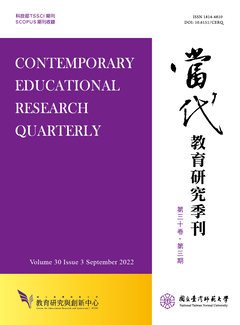

With the increasing popularity of higher education, it is difficult for employers to quickly identify qualified candidates by their educational backgrounds only. Thus, certifications have become an objective measurement of a candidate's ability. This study aimed to investigate the relationship between certifications and wages obtained by university graduates. The extant research has explored the influence of certifications on wages by using the regression analysis method. This method may have baseline differences and self-selection bias. In contrast, the present study applied Propensity Score Matching (PSM) to estimate the Average Treatment Effect on the Treated (ATT), and analyzed the effects of obtaining certifications on wages for Taiwanese university graduates. The relevant data were collected from the 2004 Taiwan Higher Education Database with an effective sample size of 4,979 participants. The results indicated the following: (1) There is a significant difference between the effects of individual baselines on wages for university graduates with or without certifications. (2) While controlling the difference in the effects of individual baselines on wages, certification has a small impact on average wages. (3) The number of certifications also has a small accumulative effect on wages. Finally, practical suggestions are discussed based on these research results.

This work is licensed under a Creative Commons Attribution-NonCommercial 3.0 Taiwan License.
Center for Educational Research and Innovation, National Tawain Normal University
162, Ho-Ping East Rd, Sec. 1, Taipei, Taiwan | Tel:+886-2-7749-3670 | E-mail: cerecerq@gmail.com
CERI | NTNU | E-mail Alerts | Open Journal System
© 2014 CERI-NTNU
